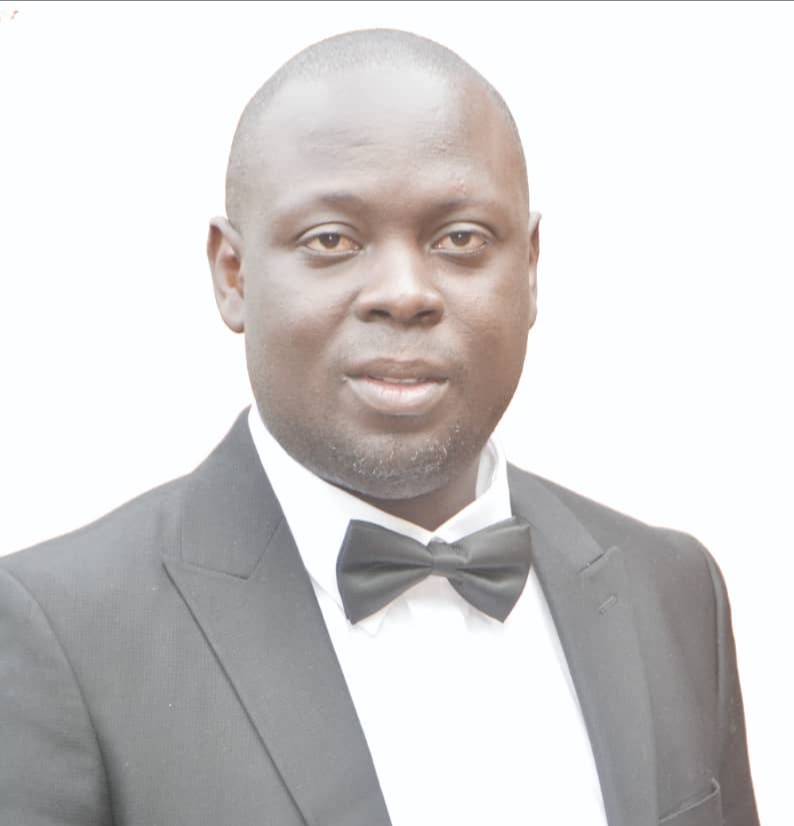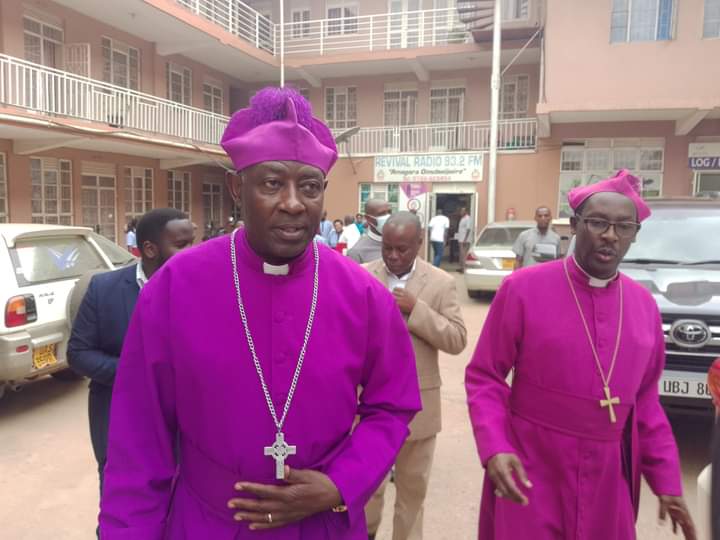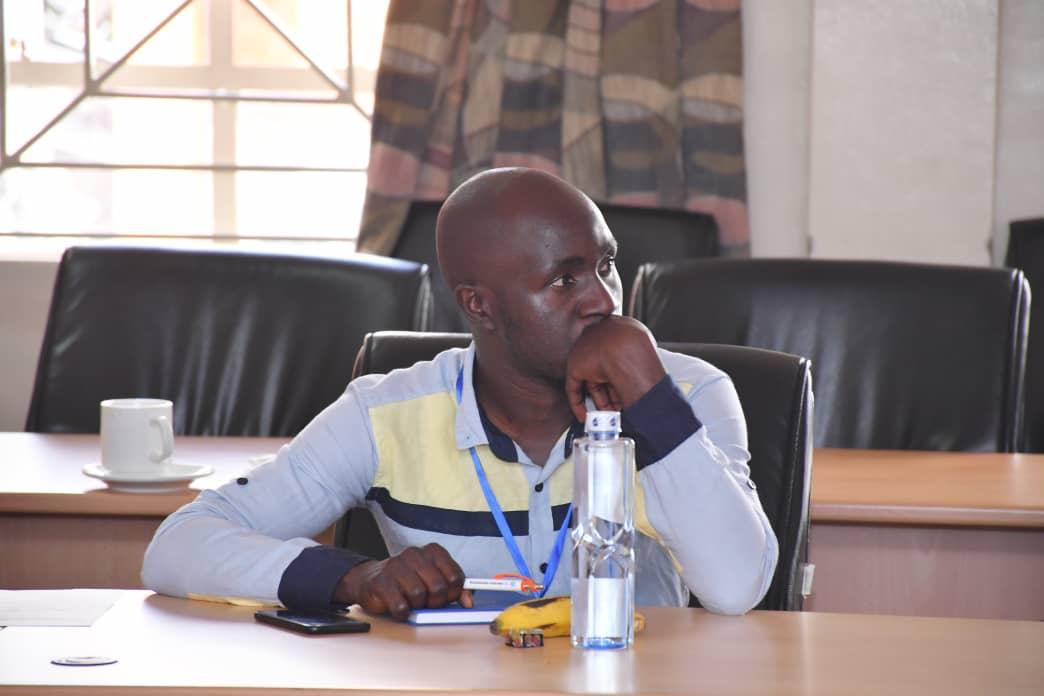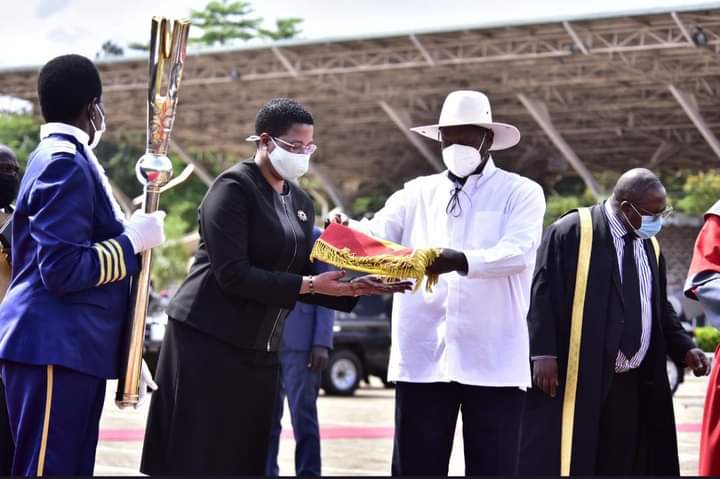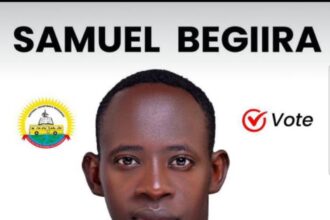The special national addresses of President Yoweri Museveni centering on economic issues have caught a number of people off guard. At a time when the cost of living has considerably risen, taking a toll on the livelihoods of everybody, it is a very difficult subject to address but our President, like the true leader he is and who always confronts matters head on, will always rise to the occasion.
First of all, that Uganda has a fully functional state and economy deserves to be recognised and appreciated. We are still in the Covid-19 era, with the aftermath of lockdown still biting. Recovery will take time. We may have lost economic mileage due to the shutting down of many parts of the economy during lockdown but thanks to H.E the President, many lives were saved. As long as there is life, people will always surmount their other problems, granted good leadership. A good number of Ugandans have recovered from the effects of lockdown on their work and livelihoods but, most importantly, having picked lessons on how to fight back in case of similar deep-reaching future risks. Ugandans learnt to work more, to save, to invest and to share.
Covid-19 taught us that the best “infection” to give a neighbor is not a virus but a consumable good for which they pay because they are not producing anything themselves. Some Ugandans became millionaires overnight by feeding into the Covid-19 economy. Every now and then you pick voices of those who say “nze Covid yankolera” (Covid benefitted me). Sadistic as that may sound, it’s the voice of optimism and making use of opportunities even as they may come amidst adversity.
If Covid-19 left any doubt as to who loses and who gains from what, the emergency of other factors that have exacerbated problems in the global economy should not leave any, and that is what President Museveni is attempting to drive home. We don’t know what tomorrow brings but we can control how much we are affected by whatever comes.
War, pestilences, natural disasters and social upheaval are some of the major factors that can easily disrupt the wellbeing of large numbers of people but the most vulnerable will always be those that are not self-reliant. Dependence generally breeds vulnerability because anytime supply chains are disrupted, the dependent party suffers most.
Uganda has always depended on imported oil. By the grace of God, in 2006, we discovered our own deposits but which are yet to be tapped to wean us from reliance on imported fuel. Anything happening in the countries where our fuel products are sourced or along the supply lines cannot spare us. Even in a situation when Government intervenes to, for example, subsidise costs, it would mean that other services would not be rendered by Government.
In essence, Government would be paying the intervening forces for the disruption instead of instituting measures to prevent falling victim to the same forces next time.
That is where President Museveni makes a masterstroke in leadership. Instead of massaging the problems causing prices to rise and trying to console Ugandans with unresearched and populist solutions, he comes out strongly with a dose of his “Musevenomics” which looks at the source of these problems (which is not localised) and finds permanent solutions to them. Cutting taxes or giving subsidies is not sustainable. It only weakens the economy further.
Isn’t it worth celebrating how the President revealed that petroleum-based fuel and energy sources would no longer be tapped; that the science is being shelved and that that would happen within a space of twenty years? This information was out there but the world’s scientific community had concealed this information from us, Africans, so as to leave us behind in the next phase of the industrial revolution. H.E Museveni has warned us of this change over in the world’s energy economy and advised that we go electric as fast as possible. Those who wanted to hear him announce a cut in fuel pump prices were disappointed but how will forcing prices down artificially help when oil taps are soon being shut? It means that soon there will be no oil coming in at whatever price.
Switching to the next rung of the energy ladder is the best and permanent solution. I can bet on this, but as they say, most people will only appreciate Museveni’s wisdom in future when his predictions come to pass.
However, a good number of Ugandans have bought into his ideas and these are the ones we can count on to shoulder the economic weight of Uganda of tomorrow. They will be the investors who saw the opportunities arising from the current economic hardships, prepared for them and took them with both hands. H.E has tipped us; equipping this generation with a new way to observe global events not just as news, but as experiences that arouse personal interest in the causes of those events and their ripple effects that trickle down to the most distant person from the centre of action.
By the start of this year, our main worry was Covid-19 and its effects. Little did we know that war would break out in Europe and hit at the core of global business. What does that mean? That the global economy is as unpredictable as the number of countries on the world map, with each playing a role. No single country is totally self-sufficient. However, countries that produce and export more are less susceptible to market fluctuations as they retain the advantage of controlling what goes into the market.
Uganda is vulnerable like most African countries because we don’t produce enough goods, even from our backbone sector of Agriculture. We are net importers with a large deficit in the balance of trade. When it comes to industry, we have a long way to go, but we ought to start now. The habit of exporting raw (unprocessed) products is outdated. It has cost us enough and the President has sounded it out as economic suicide. We export real value, jobs and give away opportunities to market our motherland globally. It’s time that Ugandans took front positions in the economic struggle of our times and President Museveni is busy showing us the way.
The author is the Deputy Presidential Press Secretary
Contact: faruk.kirunda@statehouse.go.ug
0776980486/0702980486
Do you have a story in your community or an opinion to share with us: Email us at Submit an Article



